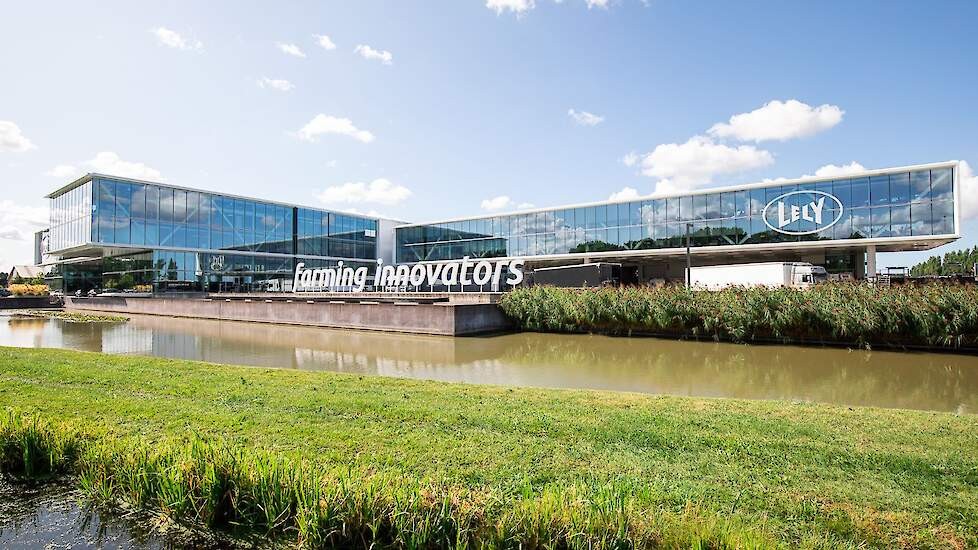Can we really save 81% of energy on natural gas?
I asked myself that question when the facilities manager of a building presented these figures. This is a modern office building where ecoBuilding predictive energy controls have been added to the system. Algorithms predict the most optimal use of energy for heating and cooling 24/7....

We know that this technology is very good at predicting heat due to solar radiation. And we also know that this building has heat pumps in addition to natural gas. But 81% savings went through the room like a shock when it was read out. Is that even possible, can this be done? Even we as the supplier of this system were pleasantly surprised, also because these results had not been calculated by us. We were positively overwhelmed with it.At issue is Lely's beautiful building. Prominently located on the A20 in Maassluis in The Neterlands. An office building of around 12,000 m2 with, in addition, some 20,000 m2 of production space for assembly and engineering. The so-called first phase, built in 2013 with a ATES system, heat pumps and also a gas connection. The predictive energy control system of ecoBuilding was installed here by VB Optimum, in collaboration with Kropman, to optimise energy consumption. 
When I heard that they would have saved 81% on natural gas, Bram van der Smagt, sustainability manager himself was on holiday. Tracking sustainability KPIs and related reporting is on Bram's plate. I knew he is handy with data and sustainability figures and knows how to pull them from everywhere for his reports so I had to get hold of him to find out how the 81% had come about.
On closer examination of Bram's figures, the answer to this question might be guessed. Indeed, 81% less natural gas was used, but the heat pumps are producing heat at the same time. So the question is not so much where that saving came from, but more how it relates to the consumption of electricity for the heat pumps. What kind of efficiency did the heat pumps run on and how is this relatad to the gas savings. An important point to note is that Bram says the comfort level in the building has remained at least as good as before VB Optimum had not yet implemented the ecoBuilding technology.
To make this calculation, Bram used the data below. A period was taken when ecoBuilding was running over a full year (from March 2022 to March 2023). This was compared to an average, and degree-day adjusted, consumption over the period 2019 to 2022. A remarkable coincidence is that the savings on gas and electricity are both 151 MWh in absolute numbers, but relatively 81% for gas and 23% for electricity.
So on balance, 37% energy was saved. That is still significant. Optimising energy consumption with artificial intelligence and predictive controls is always possible. Algorithms can determine the optimum by cleverly anticipating future solar radiation, temperatures, building use and so on. Such high savings are more often encountered when optimisations are also made in the mechanical systems or settings. In the case of Lely, together with Kropman, we advised adjusting the running times and BMS settings so that the installation could be better 'balanced'.
The optimisations of the settings combined with the predictive smart energy controls together make this nice saving. A great result for Lely, who aims to invest in sustainability and innovation and also gets a nice return on investment.
ecoBuilding, VB Optimum and Kropman
ecoBuilding is a predictive energy and climate control system. It calculates the optimal use of energy for heating and cooling 24 hours in advance. The system is connected to the existing building management system (climate computer) and actively controls parts of the installation. For the Lely building, this results in a higher efficiency of the installations, less energy loss and significantly better anticipation of the large amount of sunlight on the large glass facades of this building. VB Optimum is the specialist in ecoBuilding and linking these algorithms in buildings. Together with Kropman, Lely's installer, and Weverskade, Lely's real estate organisation, we realised this beautiful project. A result to be proud of with enormous savings.


